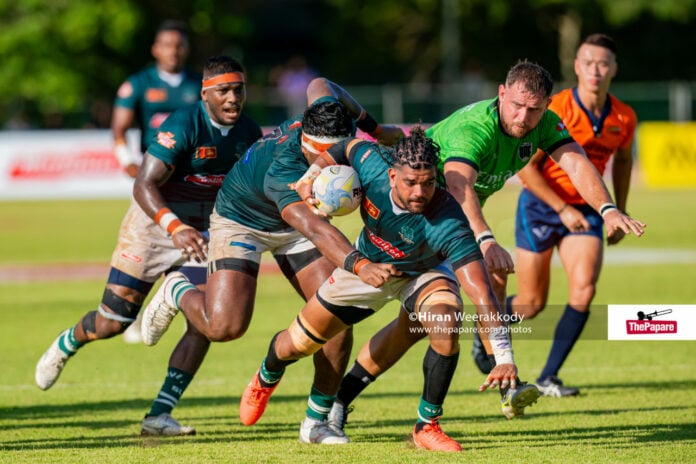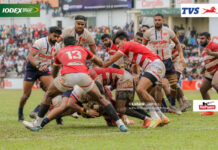Sri Lanka Rugby (SLR) has reinstated the World Rugby–compliant process for appointing match officials across all domestic tournaments, effective from Week 2 of the ongoing season.
Under World Rugby Laws and recognized global governance standards, the appointment of referees must be carried out by the match organizer, while the Referees’ Union is responsible for training, development, evaluation, and nomination of officials. This separation of duties ensures neutrality, transparency, and the integrity of competition.
>>CR & FC asserts dominance in a commanding victory over Siri Lions
This process was properly followed until 2020. Following the departure of Mr. Rohan Gunarathne as Executive/Tournament Director that year, the system gradually shifted into a structure where both assignments and final appointments were handled solely by the Referees’ Union, without formal ratification by SLR and outside World Rugby’s mandated protocol.
>>From comebacks to crushing wins: a blockbuster start to the new Rugby season
This deviation continued for five years. The current Committee has now rectified and restored the proper structure to protect the credibility of tournaments and match officials.
Key Reforms Now in Effect (From Week 2)
- SLR will make final referee appointments, as required by World Rugby Laws.
- The Referees’ Union will recommend and assign officials, but appointments must be ratified by SLR.
- Separation of duties is reinstated to avoid conflicts of interest or allegations of bias.
- Alternate referees must be provided for each match day to allow flexibility and reduce back-to-back appointments where possible.
Statement From SLR President – Pavithra Fernando
“This is not a criticism of referees or their contribution to the sport. Our responsibility is to ensure that Sri Lanka Rugby aligns with international governance standards and protects the integrity of the game. The appointment process must remain with the governing union to ensure neutrality and safeguard everyone involved.”
Collaboration Moving Forward
SLR reiterates that this change strengthens governance safeguards for both institutions.
“This system clarifies responsibilities, enhances accountability, and protects referees from external pressures or perceptions of bias.”
















